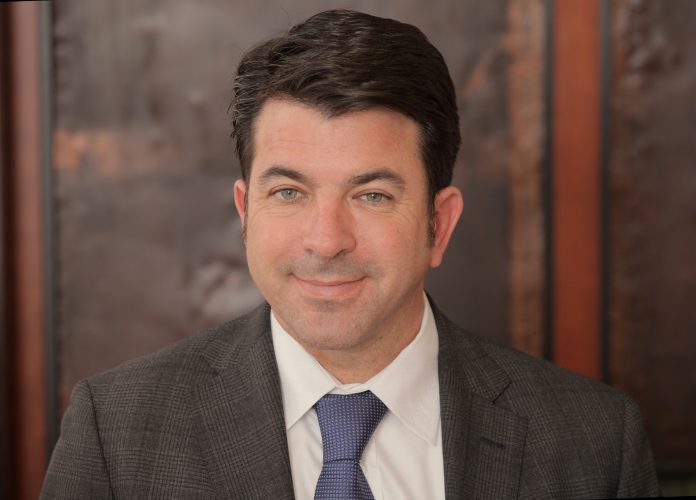To help cities better prepare for and respond to shocks and stresses to their water system, professional services firm Arup and The Rockefeller Foundation are set to launch a City Water Resilience Framework (CWRF).
The application and testing of the framework will be done in cooperation with an advisory group composed of members of the World Bank, the University of Massachusetts, the 100 Resilient Cities network and Arup.
“[Water] hasn’t been previously addressed as an underpinning element of a broader concept of urban growth, sustainability and resilience,” Dr Fred Boltz, CWRF Steering Group Chair, University of Massachusetts Amherst, told The Source. “I think this project is really groundbreaking in taking that comprehensive holistic approach to understanding water and informing smart development, related to the changing availability of that vital resource.”
Boltz noticed that traditional water challenges, such as unplanned and unstructured urbanisation, ageing infrastructure and inadequate governance of water systems are being compounded by environmental degradation of fresh water ecosystems and climate change.
In order to prepare cities for the water management challenges, the project will consider all elements of the water cycle, and account for changeability and periodic extremes in water related events to approach urban resilience.
The core elements of the framework are universal but can be adapted to particular characteristics of individual cities, and include:
- Infrastructure and ecosystems
- Economic benefits and social integrity
- Health and wellbeing
- Governance and strategy.
“The project is now in its research and development phase,” said Boltz. “We will be partnering with five cities through 2018 to test the framework in distinct and diverse settings, thereby ensuring its general applicability and our ability to tailor it to specific quality and demands.”
The five cities are expected to be announced early this year. Once the diagnostic and plans to support the cities are developed, the project will move to implementation phase.








